EUR currently only university to participate in Cultural Diversity Barometer
Erasmus University will continue to participate in the Cultural Diversity Barometer organised by Statistics Netherlands (CBS). Last year, the university dropped out following a debate on the classification system based on migration background. The EUR is currently the only participating university.

Image by: Elzeline Kooy
The Cultural Diversity Barometer allows Dutch institutions and companies to determine the ethnic origins of their employees. However, this touches on a sensitive issue: information on ethnic origins is considered special personal data, which is subject to the GDPR and not available to employers. The plan was also subject to criticism in the Dutch Lower House: for example, the VVD stated it did not want staff and students to be ‘reduced to their ethnicity’, especially without explicit consent.
Never traceable
In order to address these concerns, the methodology was designed to ensure optimal protection of employees’ privacy. Statistics Netherlands receives a list of employees from the institution, which it then links to its own data on immigration and sends back a summary of the results.
The resulting data can never be traced back to one or more individuals. As a result, the institution will not learn anything about the ethnic background of specific employees, but will gain insight into the diversity of its workforce. The results for each participating institution, including EUR, will be published on the Statistics Netherlands website.
The Executive Board certainly appreciates the Barometer’s usefulness, as rector magnificus Annelien Bredenoord explains. “We live in a diverse society, and I think it’s important that everyone in our organisation has the opportunity to flourish and grow, regardless of aspects like gender, sexual orientation or cultural background. One way of assessing our inclusiveness would be to examine whether any groups feel they are being prevented from advancing within the organisation, and if so, what obstacles they are facing. As an educational institution, it’s our legal and moral duty to actively work to eliminate discrimination. The right data can help us gain more insight and fulfil our responsibilities more effectively.”
Objection
Despite these assurances, 48 EUR employees objected to their data being included in the Barometer last year. Four other universities withdrew their participation, and the EUR also pulled out for the time being shortly after. The Barometer was then postponed as a result. While EUR gave no reason for its withdrawal, Utrecht University cited a lack of internal support and outdated categorisation methods.
This coincided with Statistics Netherlands’ own decision to revise the ethnicity-based classification system. At the time, the organisation still applied a distinction between Western and non-Western people, classifying countries such as Indonesia and Japan as Western, but not Turkey, Suriname and the Dutch Caribbean. The term ‘western’ has been eliminated in the new classification system, with Statistics Netherlands now classifying by ethnic background. Common countries of origin such as Turkey, Morocco, Suriname and Indonesia are explicitly mentioned, while other countries are now classified under Europe, ‘Africa, Other’ or ‘Asia, Other’. We should point out that the results sent back to participating organisations will be of a more general nature, and only distinguish between the Netherlands, Europe and non-European countries.
A reflection of Rotterdam's ethnic diversity
So far, EUR has been the only university to resume its participation. Statistics Netherlands is still in talks with the other Dutch universities. It is still unclear what ambitions Erasumus University will pursue once its cultural diversity has been defined. Chief diversity officer Semiha Denktaş described that question as “extremely difficult” in an interview on the EUR intranet. “EUR is obviously based in Rotterdam, so it would be great if the university reflects the city’s population. On the other hand, our employees are from across the Netherlands and abroad, so we may have to take a broader view in that sense.”
Read more
-
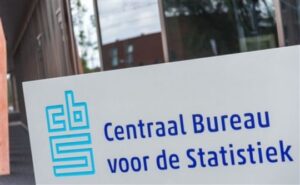
Some staff members refuse to participate in ‘diversity barometer’
Gepubliceerd op:-
Diversity
-
De redactie
-
 Elmer Smaling
Elmer SmalingSenior Editor
Latest news
-

Taskforce: Higher education must stand up for Jewish students and staff
Gepubliceerd op:-
Campus
-
-

Rotterdam movie talent offer an emotional rollercoaster at RTM day
Gepubliceerd op:-
Culture
-
-

Art installation POND tells whether the campus pond water is healthy
Gepubliceerd op:-
Campus
-
Comments
1 reactie
Comments are closed.
Read more in Diversity
-
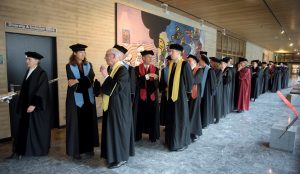
Men more likely than women to hold prestigious positions at universities
Gepubliceerd op:-
Diversity
-
-

How Tante Sjaan fought for the position of women at the EUR fifty years ago
Gepubliceerd op:-
Diversity
-
-

Harvard changes name of diversity department
Gepubliceerd op:-
Diversity
-

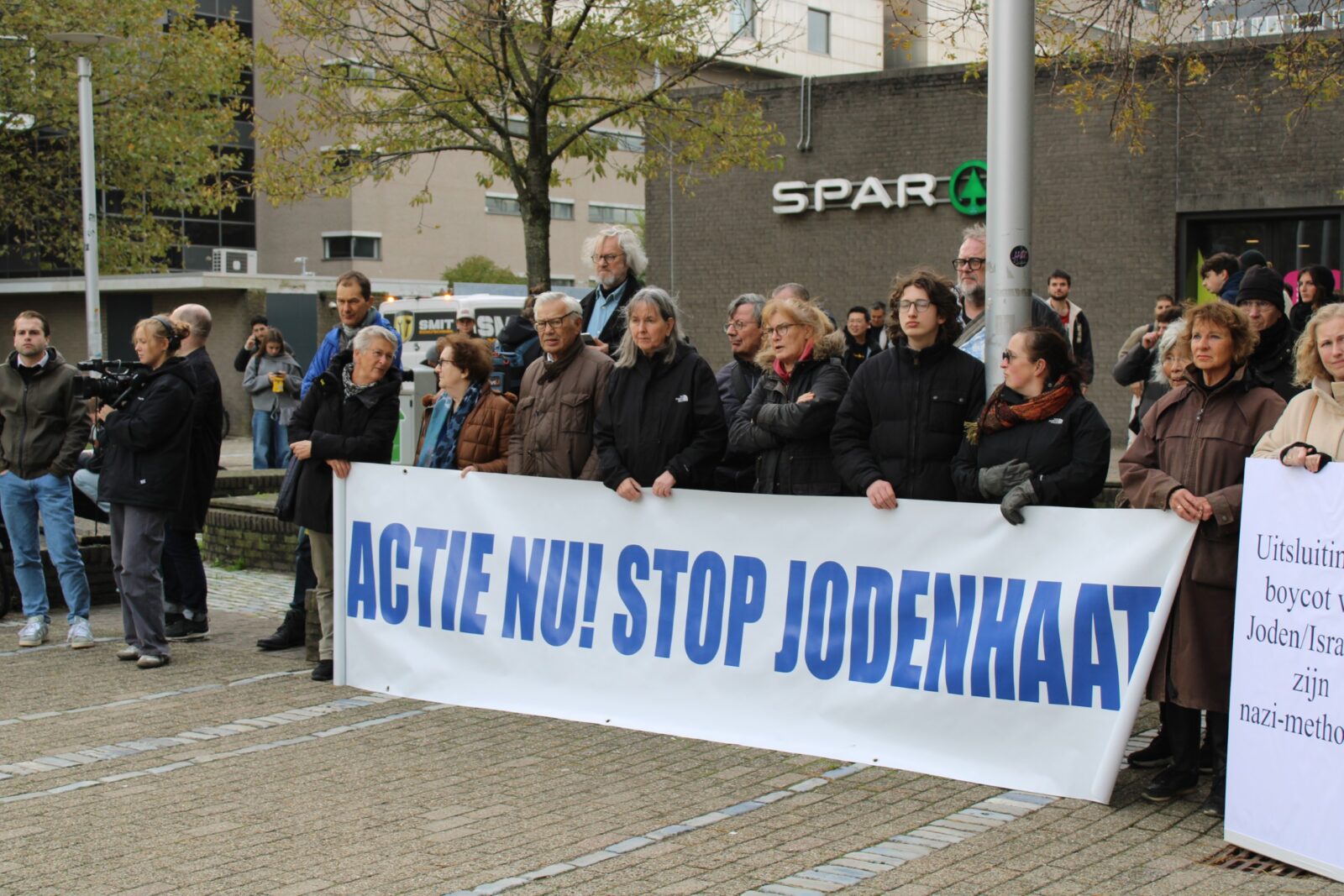


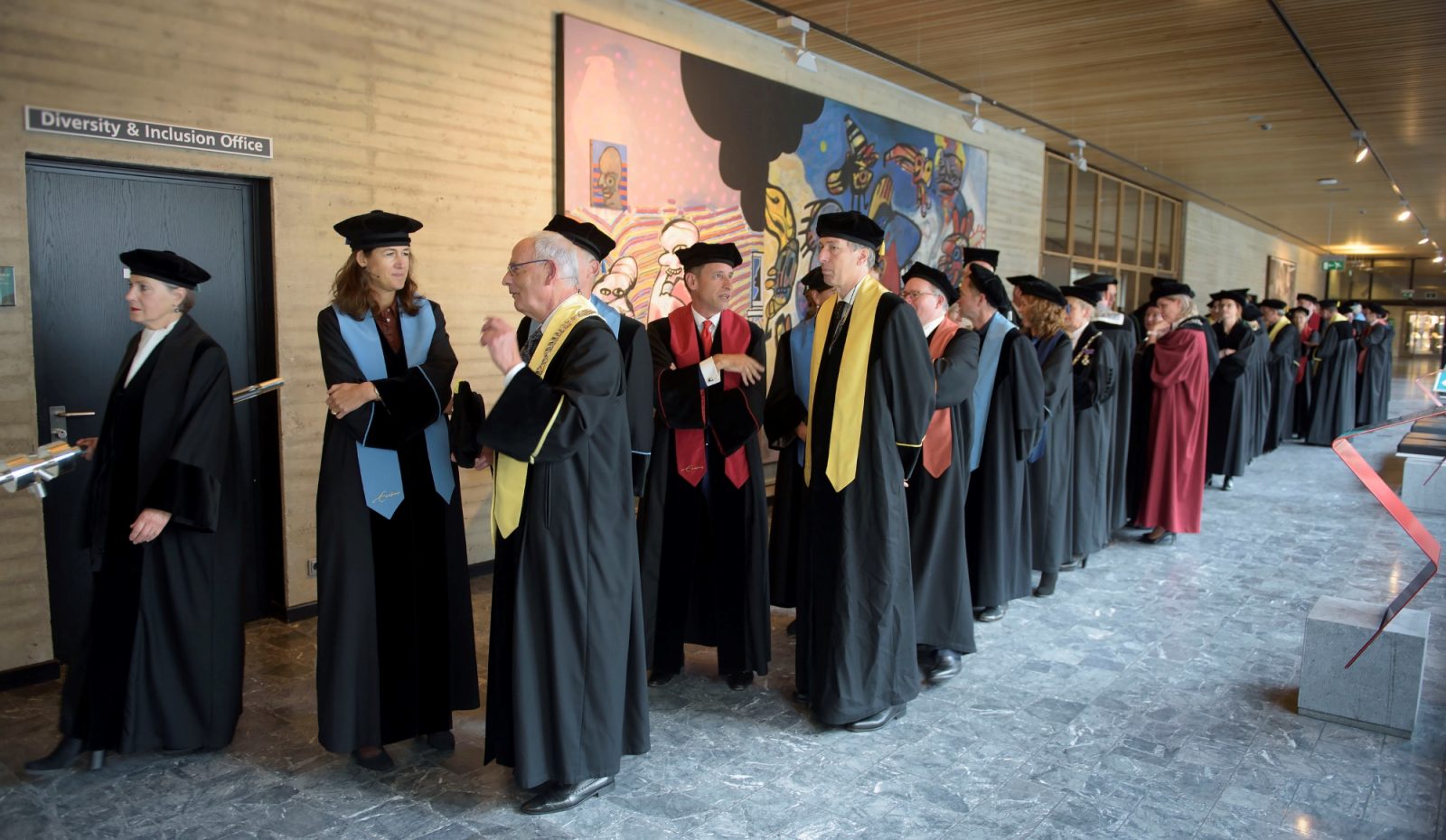
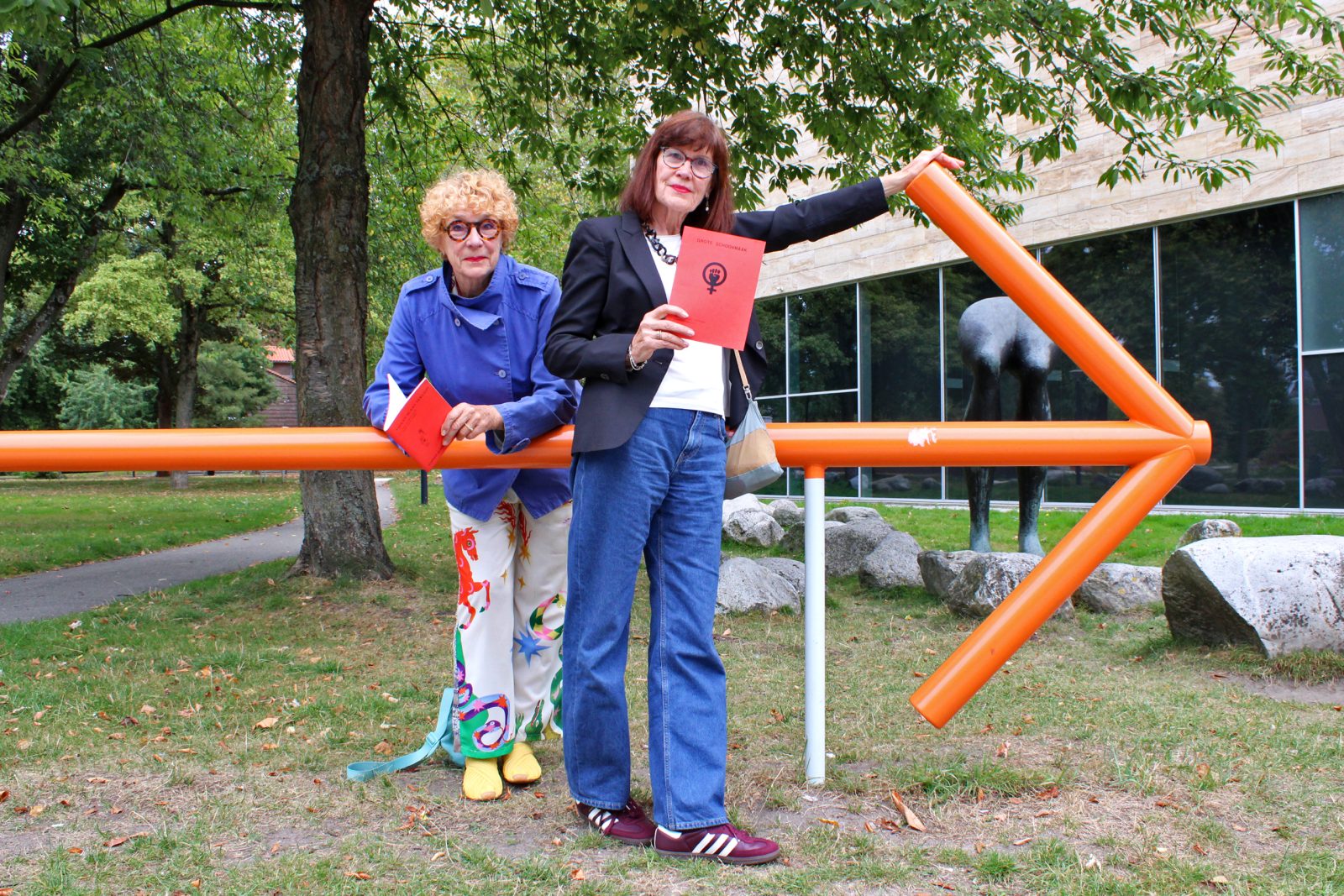

Peter op 18 November 2022 om 23:52
Wait, why did the university not ask its employees for permission? In other words: where can I object to this? I do not want my personal data to be shared with CBS! I don’t believe this is according to GDPR rules….